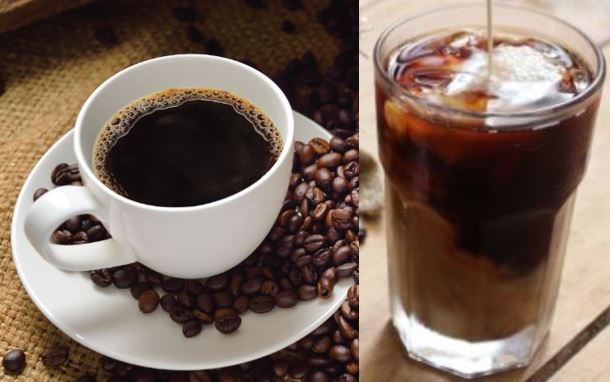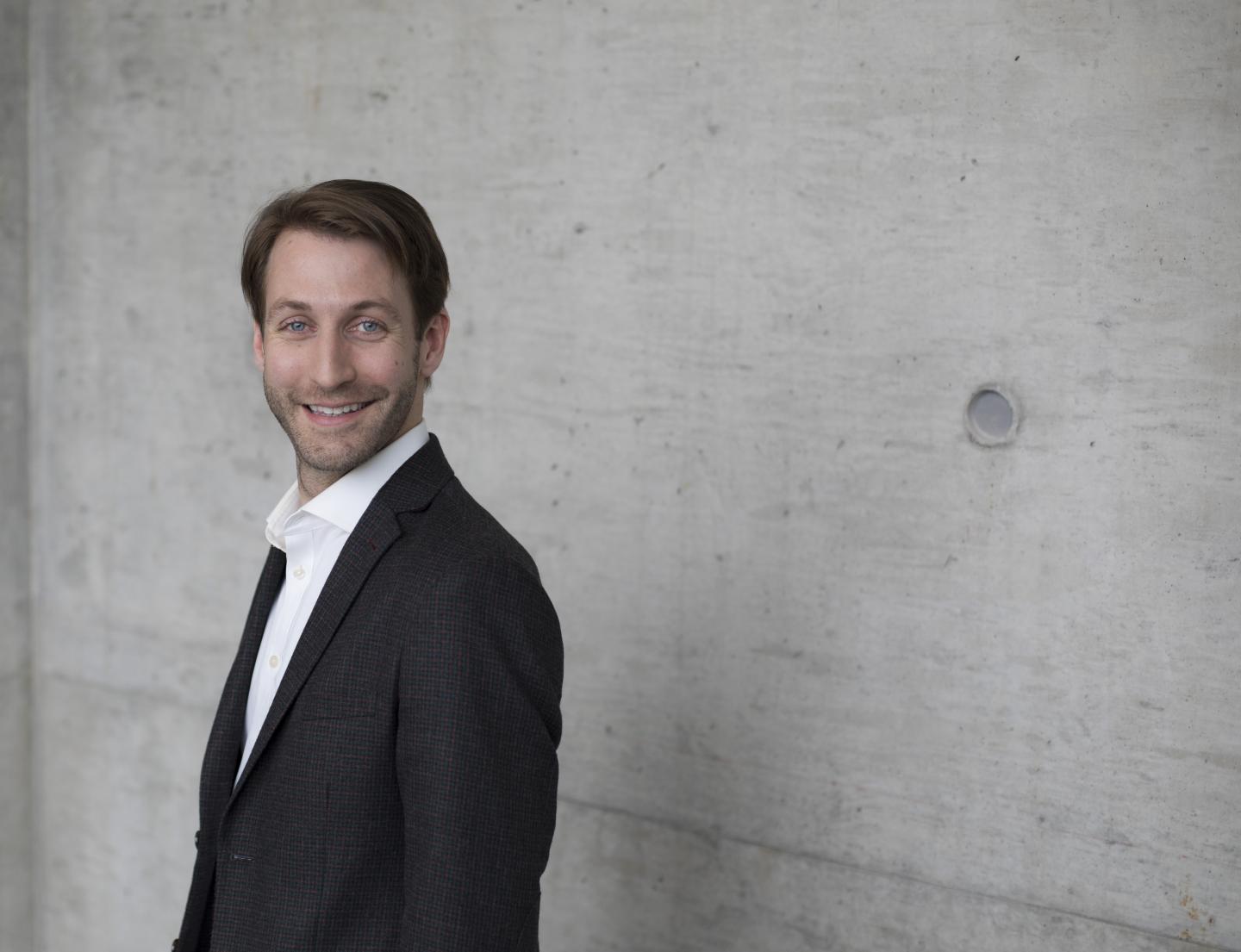 According to a new study by researchers at the University of Toronto, just looking at things that remind us of coffee can cause us to be more alert and attentive.
According to a new study by researchers at the University of Toronto, just looking at things that remind us of coffee can cause us to be more alert and attentive.
Sam Maglio, an associate professor in the Department of Management at U of T Scarborough and the Rotman School of Management and co-author of the study, said:
“Coffee is one of the most popular beverages and a lot is known about its physical effects.”
“Much less is known about its psychological meaning — in other words, how even seeing reminders of it can influence how we think.”
The study (citation below), published in the journal Consciousness and Congition, sought to determine whether exposure to things that remind of coffee can arouse our minds.
“People often encounter coffee-related cues, or think about coffee, without actually ingesting it,” says Maglio.
“We wanted to see if there was an association between coffee and arousal such that if we simply exposed people to coffee-related cues, their physiological arousal would increase, as it would if they had actually drank coffee.”
The team carried out four experiments to test whether coffee related cues increase arousal and lower mental construal level. Arousal in this context refers to the psychological state of alertness and attentiveness.
The researchers exposed participants from Western and Eastern cultures to cues related to either coffee or tea.
They found that those who were presented with coffee cues perceived time as shorter and thought in more concrete, precise terms.
According to the abstract of the study: “In four experiments, we find that coffee cues prompted participants to see temporal distances as shorter and to think in more concrete, precise terms. Both subjective and physiological arousal explain the effects.”

“People who experience physiological arousal – again, in this case as the result of priming and not drinking coffee itself – see the world in more specific, detailed terms,” says Maglio. “This has a number of implications for how people process information and make judgements and decisions.”
The arousal effect was not as strong among participants from Eastern cultures compared to those who grew up in Western cultures.
According to Maglio, this may have to do with a stronger association of coffee and arousal in certain cultures where coffee is more prevalent.
“In North America we have this image of a prototypical executive rushing off to an important meeting with a triple espresso in their hand. There’s this connection between drinking caffeine and arousal that may not exist in other cultures.”
Maglio believes that the findings of the study could help us better understand certain consumer-related behaviours and also be of interest to marketers considering retail store locations.
“If you want walk-in customers who are thinking about their long-term future, a retail storefront next to David’s Tea may be ideal,” he says. “Just walking past it should reduce arousal and make them care less about immediate, short-term indulgences.”
Citation
Eugene Y. Chan, Sam J. Maglio,
“Coffee cues elevate arousal and reduce level of construal”,
Consciousness and Cognition, Volume 70, 2019, Pages 57-69,
https://doi.org/10.1016/j.concog.2019.02.007.
(http://www.sciencedirect.com/science/article/pii/S1053810018303350)
